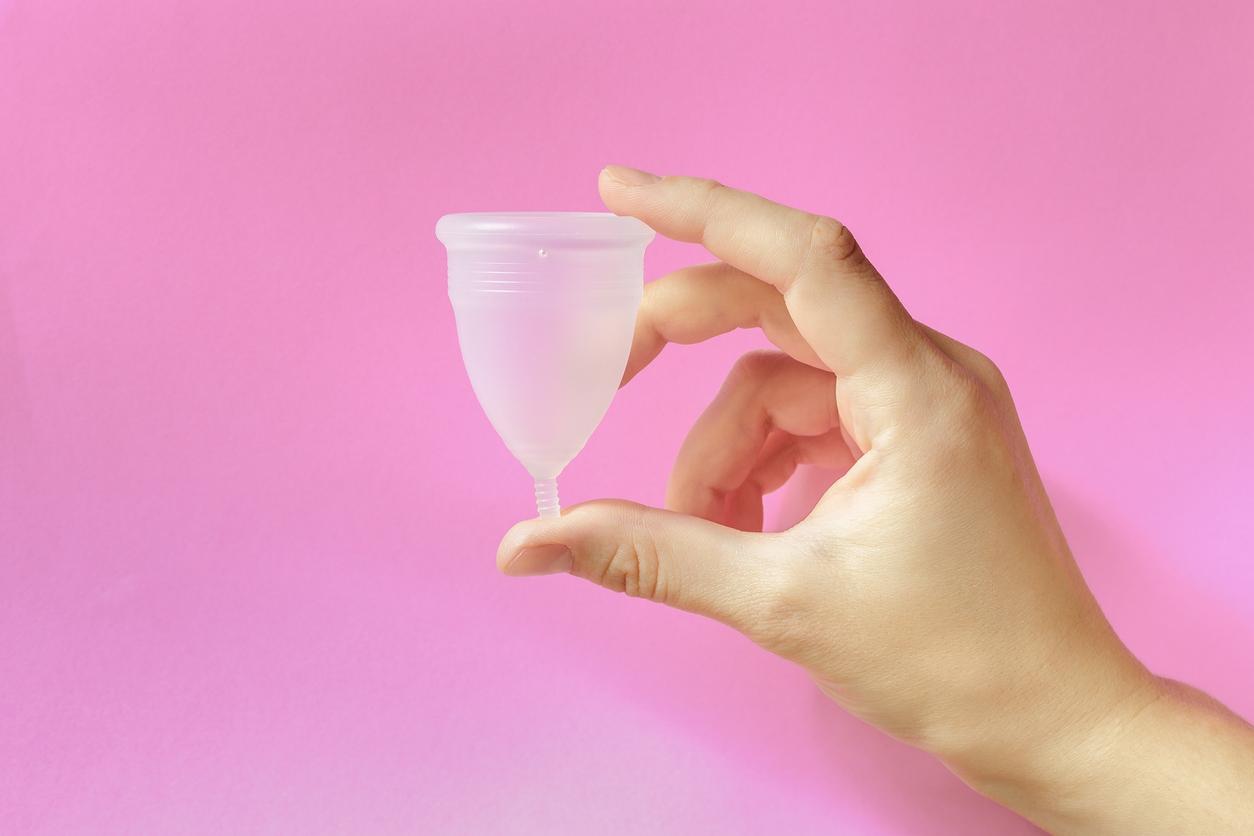A new study published in the journal Frontiers in Nutrition revealed that a high intake of added sugars increases the risk of developing kidney stones. “Our study is the first to establish a link between the consumption of added sugars and kidney stones“said lead author Dr. Shan Yin, a researcher at North Sichuan Medical College Affiliated Hospital in Nanchong, China.”This suggests that limiting added sugar intake may help prevent kidney stone formation“, explains the expert.
As part of the study, researchers analyzed data from 28,303 participants who completed questionnaires from the US National Health and Nutrition Examination Survey (NHANES) between 2007 and 2018. After adjusting for factors such as age, gender, dietary habits and income, scientists were able to establish certain correlations. They observed that people who consumed a high daily amount of added sugars had a higher risk of developing kidney stones.
Participants whose intake of added sugars was among the highest in the group had a 39% increased risk of developing kidney stones. Those with more than 25% of total daily energy from added sugars had 88% increased risk. The study also found that certain ethnicities and low income thresholds were associated with an increased risk of kidney stones with higher intakes of added sugars. Added sugars are very present in industrial products : sodas, fruit juices, sweets, ice creams and cakes. We can even talk about hidden sugars for certain foods of which we do not suspect the quantity of sugars they contain: yogurts, soups, crisps, baguettes…
However, the exact mechanisms of the relationship between added sugars and kidney stones are not yet known. As this is an observational study, more research is needed to better understand the effects of added sugars on health.
What are other risk factors for kidney stones?
A kidney stone is a small solid mass that forms in the kidneys from minerals and salts present in urine. It can cause pain or even infection when urine tries to move it out of the body. Certain signs can alert you to the presence of stones: intense pain, especially in the lower back; nausea and vomiting; fever ; presence of blood in the urine. To know that adult men are the most affected by this pathology.
Among the risk factors known to promote the appearance of kidney stones, we find excessive consumption of certain foods (salt, animal proteins, saturated fats), obesity, chronic diarrhea or diabetes. Note that it is important to drink enough water on a daily basis, dehydration also being a risk factor for kidney stones.
Source : Association between added sugars and kidney stones in US adults: data from National Health and Nutrition Examination Survey 2007-2018, Frontiers in NutritionAugust 4, 2023

















